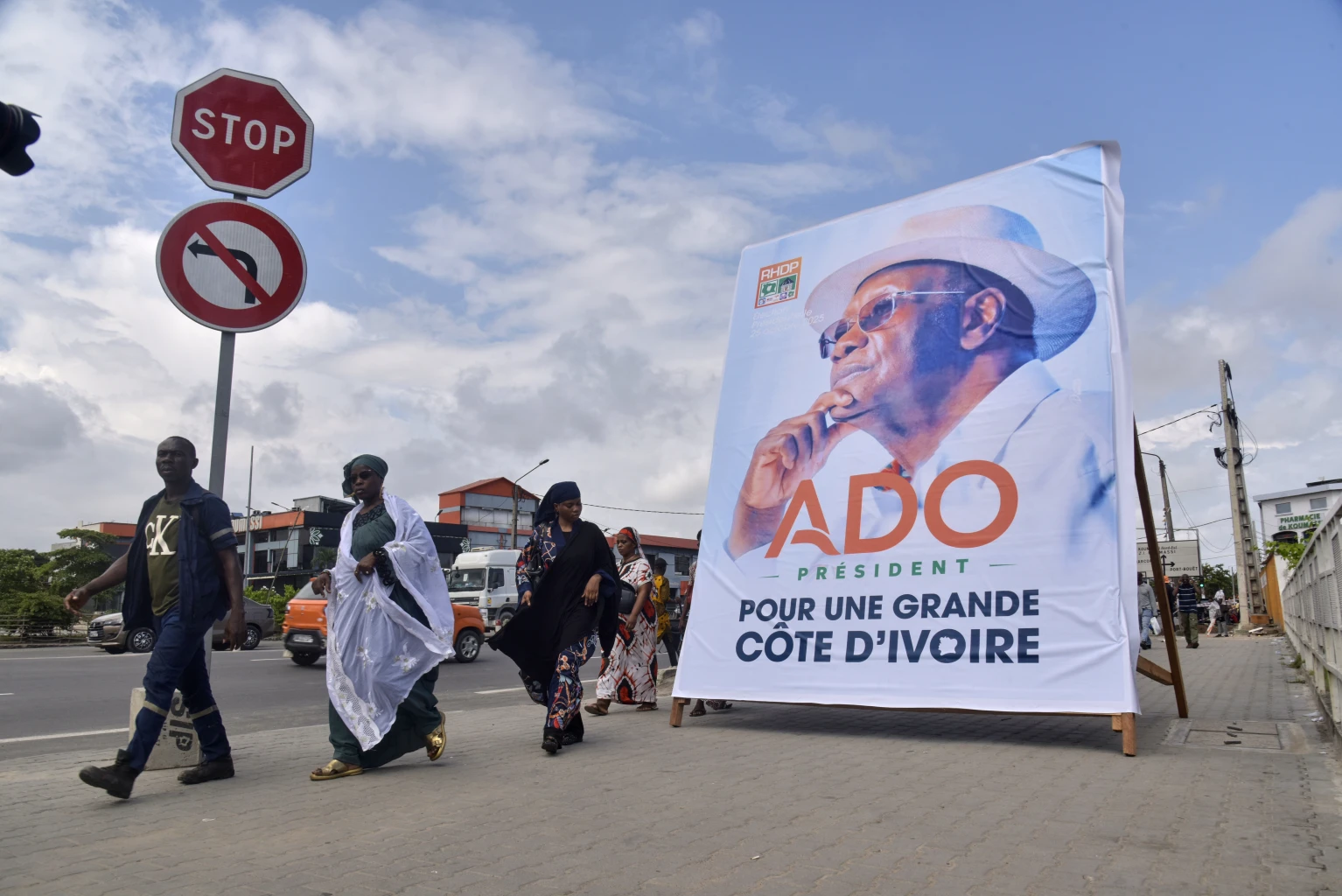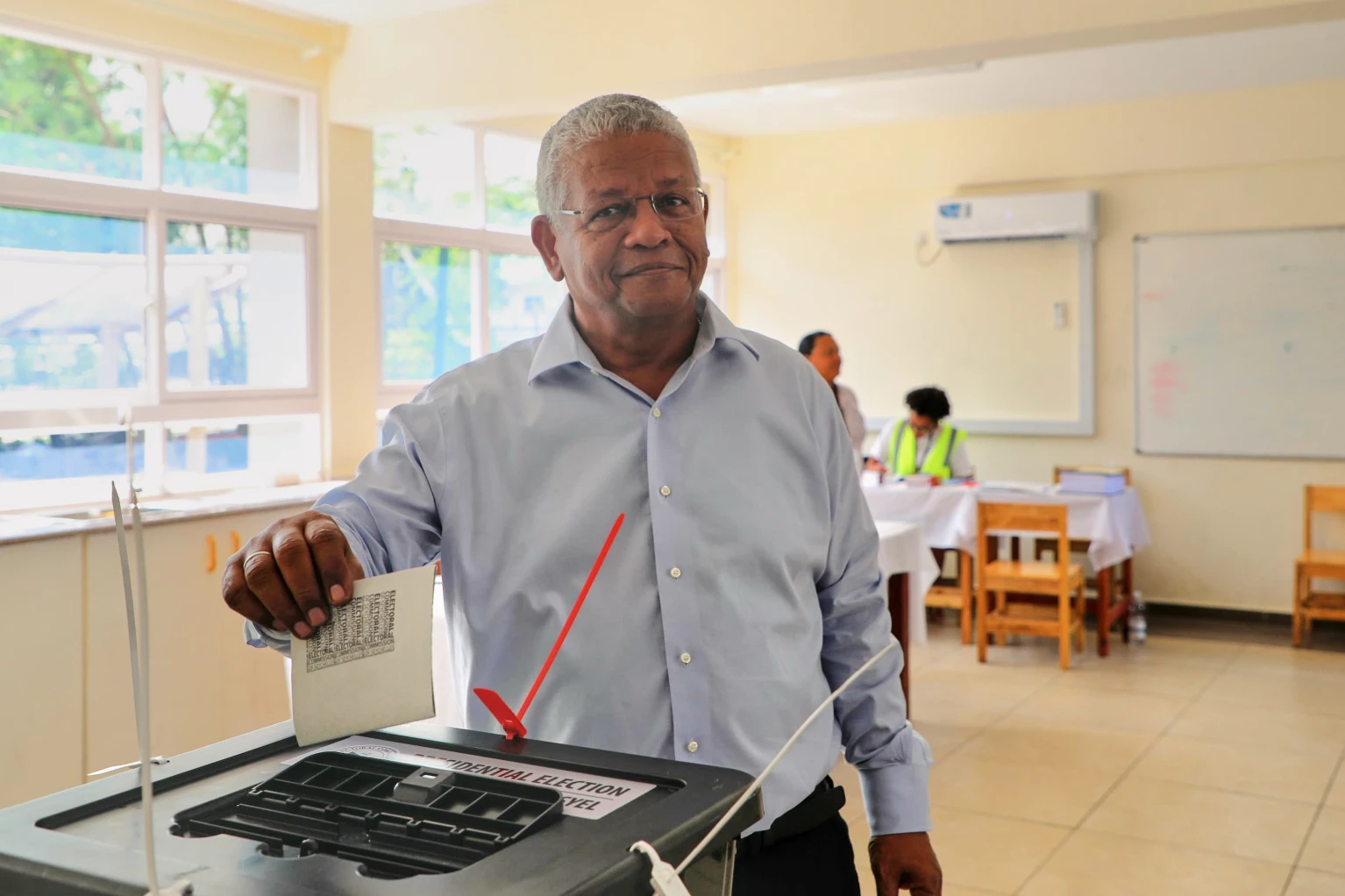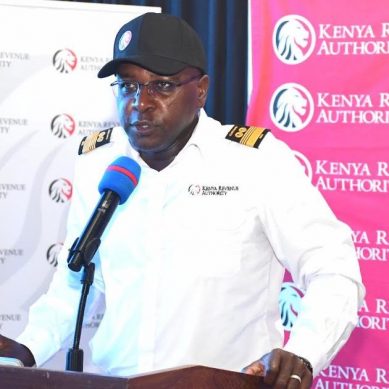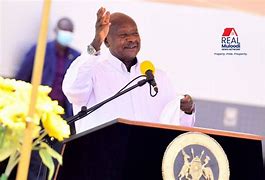Democratisation: Why Uganda imports everything, including fear from tin-god Adolf Hitler
Many Ugandans are increasingly wondering if their descendants will in future belong to Uganda and enjoy their lives in their biocultural landscapes, eating the food that is socio-culturally suitable and produced in their time-tested agroecological systems. They see people with historical, biological, cultural and ecological roots in extraneous environments grabbing their land, destroying their sacred places and establishing themselves in the ancient agroecological systems and forests, thereby disrupting their traditional human-energy systems.
My beef with Uganda’s ‘educated fools’: University professors steal and thievery thrives in highest institutions of learning
If we are to be effective in dealing with the educated looters and/or educated thieves, we must embrace Bet Kamya’s (IGG’s) or Singapore’s successful method of fighting corruption: the Life Style Approach, which matches legitimate income to the riches of the educated looter or educated thief. Later will be too late. Anything else may relapse into pettifoggery in the courtrooms, with most educated looters and educated thieves cleared of any wrong doing even if there is overwhelming evidence that what they have is not commensurate with their legitimate income, and must have been accumulated only by taking what is not theirs by virtue of their offices.
Success and failure are never strange bedfellows, they coexist and are often mutually exclusive
In 1983-1985, while waiting to defend my MSc thesis in zoology (the Biology of Conservation) at the University of Nairobi, Kenya, I taught at Jinja Senior Secondary School at both O-and A-level. Some of the students I taught were Katumba-Wamala, Paul Kagame, Sudhir Ruperalia and Hirji. Since Jinja Senior Secondary School was the largest school in Uganda then, many young people interacted with me in school and are performing different functions in different station of life. I cannot remember all of them. If some of them read this article, let them contact me. They are all a measure of my success at that school.
How politics of ethnic identity and politics of economic interest tear Uganda apart, traumatise minorities
In the political and leadership history of Uganda, politics of identity has been central to leadership and governance of the country, which evolved from the colonial weaving 15 traditional national identities to form the British Protectorate of Uganda, the Commonwealth Realm of Uganda and then Uganda. These were: Acholi, Ankole, Buganda, Bugisu, Bukedi, Bunyoro, Busoga, Karamoja, Kigezi, Lango, Moyo, Sebei, Teso, Toro and West Nile.
Dreams of my father: The Kenya African Rifles paramedic gave me life, hope and eight mothers
When both my parents were alive and living together, it was in a polygamous family, in which my mother was the eldest of the mothers that my father had assembled. At one time there were eight mothers under one roof of a house with 12 rooms. The house still stands on the biocultural landscape of Bulawa, Nawaka, but it has been greatly improved by Charles Afunaduula Ovuma’s children.
By using dollar as the currency of political and economic sanctions US dares world to find an alternative
Over the past three weeks, I have been asking financial services executives, global investors and other experts in Asia and the United States how long they think the Americans can keep at it without meaningful blowback. Several of the sources requested anonymity to speak candidly about the situation.
American supremacist group Proud Boys have spread tentacles worldwide, set for mass uprisings in coming presidential election
Today, many Proud Boys want Trump back in power, not just because of the prospect of pardons. For some, his appeal reflects a deeper cultural shift in America – from unease at changing racial and ethnic demographics to anger over immigration and a perception on the right that liberals are destroying the country. Trump frequently exploits those grievances on the campaign trail in apocalyptic language that’s echoed by some Proud Boys.
WHO ignores or knowingly misrepresents its own data on Covid to protect drug makers’ interests
Funding for essential sanitation and nutrition programmes has dropped as the WHO pushed for a shift in funding to mass vaccination in countries with young populations for a disease of the elderly to which they were already immune, supported with frankly idiotic slogans with more to do with advertising than public health, such as “No one is safe until everyone is safe.”
Minimum wage rebuff: Labour Day May 1 in Uganda will forever be grim reminder of pay injustices, worker exploitation
Unfortunately, Labor Day is often used as a day to defend workers’ rights. However, in Uganda, for the past 38 or so years, it has been a day that the ruling party, National Resistance Movement (NRM) uses to make political speeches to highlight what it has achieved and what it will achieve, if it continues in power. NRM also uses the day to give medals to some people who have helped the regime to hold onto power since 1986.
Rethinking revolution: Ugandan businesses don’t need big guns and bombs to overcome political and economic subjugation
Indians and Chines own factories, get tax holidays and even without fear or favour openly violate the Competition Act 2023. For example, since the enforcement of EFRIS, the local manufacturers have been distributing their manufactures to retailers in the countryside, which wholesale traders say violates the Competition Act, 2023.














